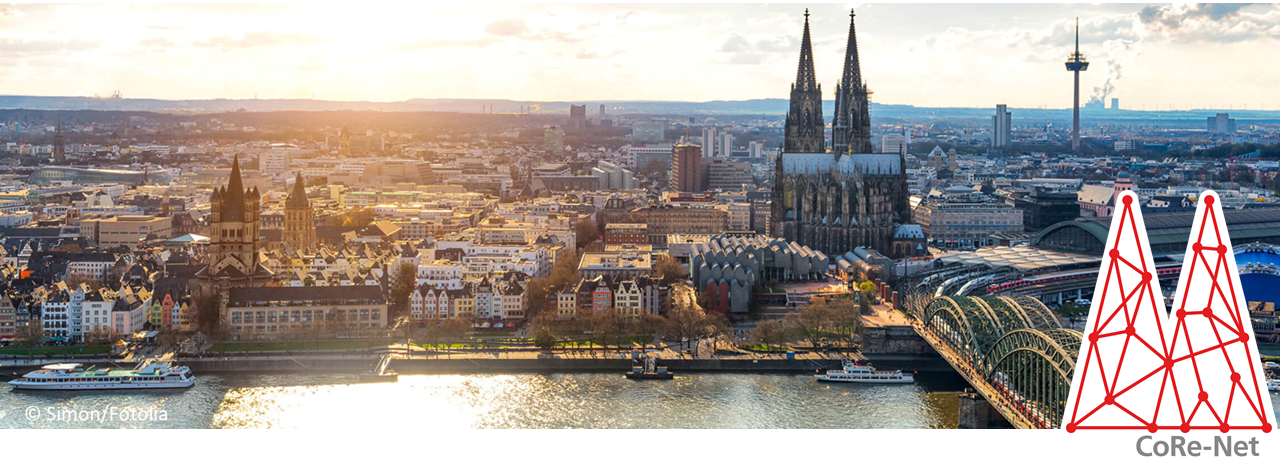1st CoRe-Net Supply Report
On August 16th 2021, our 1st CoRe-Net Supply Report on “Care for People in the Last Year of Life” was presented at a digital launch event. We are pleased about the great interest in the event – a total of 50 people participated via the Zoom virtual meeting platform.
Welcome and presentation of the CoRe-Net Supply Report
The introductory words by Prof. Dr. Holger Pfaff (Head of the Institute for Medical Sociology, Health Services Research and Rehabilitation Science), Dr. Dr. Julia Strupp (Center for Palliative Medicine, University Hospital Cologne) and Ingo Meyer (Moderator of the event and Head of the PMV research group, University of Cologne) were followed by the presentation of the health care report by Katja Blaschke (PMV research group, University of Cologne).
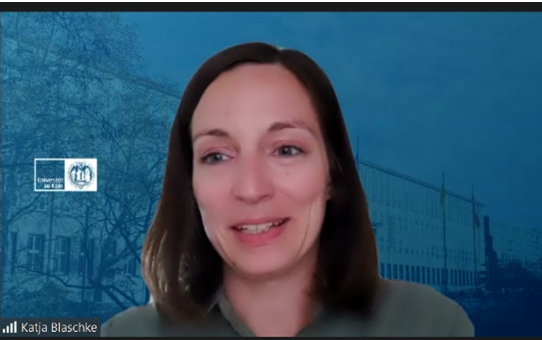
Katja Blaschke, PMV research group of the University of Cologne
In addition to the background and general structure of the report, the core statements and derived recommendations for the Cologne care practice were the focus of her relevant and exciting contribution
Highlighted in particular were:
- strengthening early communication in and about the last year of life,
- the creation of a main contact person for the last phase of life,
- the regional strengthening of networking and cooperation between care providers.
Finally, Katja Blaschke gave an outlook on already planned care reports in 2022 and 2023: The report for 2022 will deal with the care of people with mental disorders in the presence of heart disease and will build on the results of the MenDis-CHD I project. The topic for the third report in 2023 will be determined together with the members of the advisory board. In addition, CoRe-Net is currently developing a strategy to enable continuation of the reports beyond 2023.
Statements from the advisory board of the supply reports
Following the presentation of the report, comments were made by three members of the Advisory Board on Utility Reports.
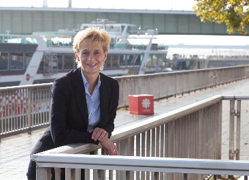
(Credit: DiCV Köln/Barbara Bechtloff)
Dr. Heidemarie Kelleter (Diözesan-Caritasverband für das Erzbistum Köln e.V.) made the first statement. She emphasized the relevance of raising awareness of the issue by informing and training those affected, those close to them and concluded: After all, patient-centered care at the end of life should not depend on the place of death.
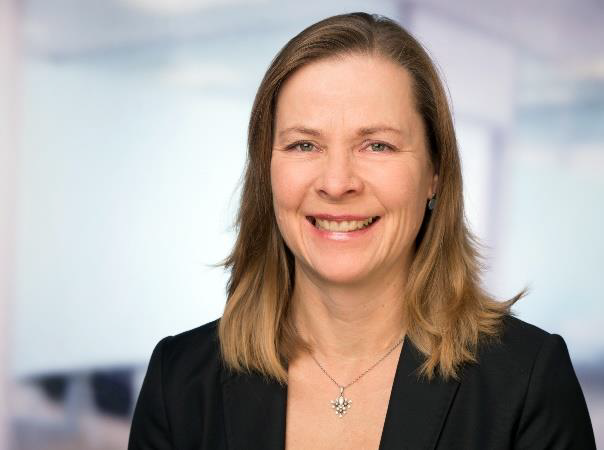
Dr. Sabine Eichberg (Health Department of the City of Cologne) addressed the importance of small-scale data for care planning in the city of Cologne, in order to be able to target resources and offers for prevention and health promotion. Overall, it is a matter of improving, modifying or further developing offers. That is why small-scale data is important, so that individual groups of people and districts can also be reached well.
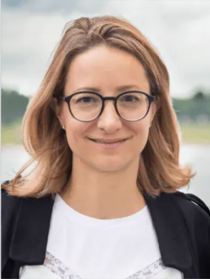
Dr. Alexia Zurkuhlen (Health Region KölnBonn e.V.) emphasized that the care report shows that beyond the presented communication and transition problems between the sectors, a focus should be placed on regional processes: Prevention and care offers are shaped at the local or regional level. As a health region, we see this need for regional data, but we also see our role as a multiplier.
Open questions and discussion
Finally, the opportunity was offered to ask questions and to discuss contents detailed. The exchange was moderated by Prof. Dr. Raymond Voltz (Director of the Center for Palliative Medicine, University Hospital Cologne) and Ingo Meyer (Head of the PMV research group, University of Cologne).
In addition to questions about data collection, collaborations of care professionals and transitions of care in the last year of life were addressed. Questions about contrasting the data with care structures (metropolitan region of Cologne / rural areas) were also raised.
As a result of the discussion, it can be summarized that networking and diversity at the round table are important to bring together different perspectives and to pragmatically implement recommendations for healthcare. Approaches to solutions at the level of the city of Cologne should be developed jointly. A “coordination center” appears desirable as a point of contact and contact for questions from those providing care, in order to provide the best possible care for patients in the last year of life. Local players, such as general practitioners, should be involved as a direct link to patients. The establishment of a patient forum to record their concerns and needs is also seen as an essential component of comprehensive networking. Another focus of the network’s work is communication with the public in order to address existing services to those affected in a timely and targeted manner. In this context, a small-scale approach ensures manageability. Here, explicit reference was made to the citizens’ forum of the AG Supply within the framework of the Caring Community Cologne.
In conclusion, the question arose as to how this discussion can be kept alive in the long term through CoRe-Net. Initial considerations have already been discussed:
- Recommendations for action should be formulated in an addressee-specific manner
- Supply reports should be updated regularly
- “Caretakers” are also needed, in the sense of bodies that take on the topics of the care reports in the long term.
Conclusion and thanks
We would like to express our sincere gratitude to all those involved in the report and to all participants of our launch event for their exciting contributions and the extensive discussion.

